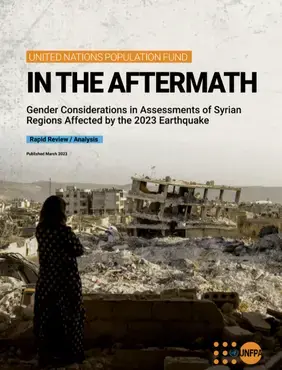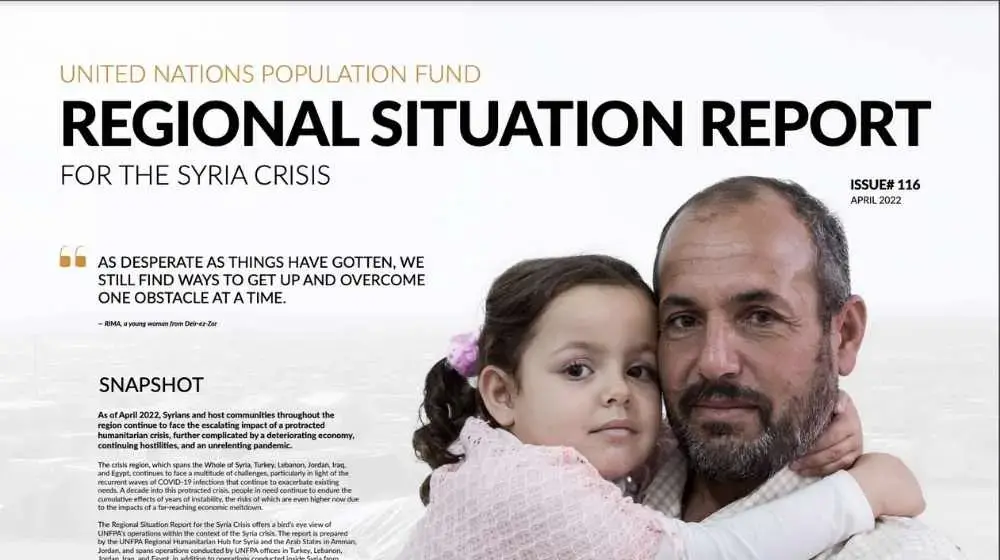On 6 February 2023, a magnitude 7.8 earthquake and multiple severe aftershocks struck Syria and Turkey, affecting multiple governorates including Idlib, Aleppo, Lattakia, and Hama. Prior to the earthquake, 15.3 million people were estimated to be in need of humanitarian assistance throughout Syria.
For most Syrians, this earthquake only compounds existing suffering; 15 March marks 12 years since the start of the conflict which has caused massive displacement, economic collapse, and widespread violence. With approximately 1.9 million people living in around 1,430 camps or self-settled sites in the north-west of Syria (NWS), with 80 percent (1.5 million) being women and children. Syria remains the world's largest internal displacement crisis. The earthquakes have caused new internal displacement movements and at least 86,000 people were reportedly newly displaced since the earthquake happened.
In times of crisis, pre-existing gender inequality can be exacerbated, leading to discrimination, exploitation, and impacting an individual’s access to humanitarian, recovery and development assistance, and their access to human rights. Gender inequalities that existed prior to a crisis can exacerbate these differential impacts, making it even more important to incorporate a gender perspective into the response.
Women and girls are disproportionately affected by crises in comparison to their male counterparts, including reduced life expectancies, maternal mortality and morbidity, and gender-based violence. Furthermore, when emergencies strike, the rights and choices of women and girls are far too often trampled on or side-lined. While gender inequality represents a major barrier to equitable access to humanitarian assistance and the protection of human rights, activities and approaches implemented during an emergency response are not neutral, and have the potential to either increase and reinforce existing inequalities or challenge them.



